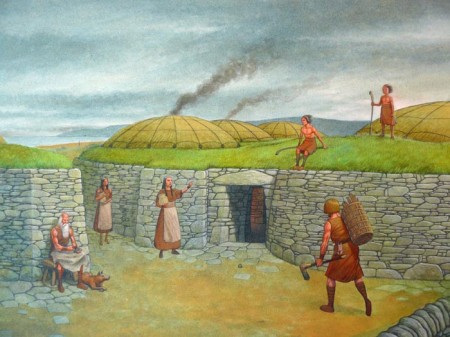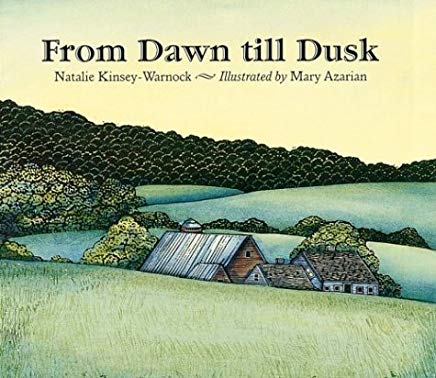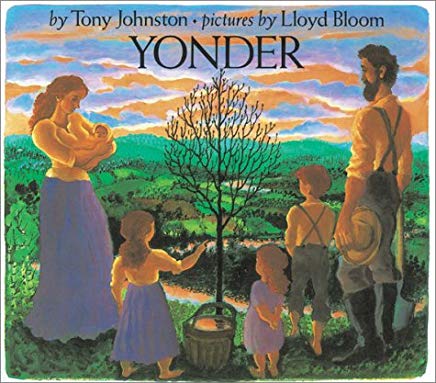The Blog
Blog Entry
Leaving the Light On

Sometime between six and ten thousand years ago, human beings apparently decided to settle down. That this followed about two and a half million years of hunting and gathering and generally flying by the seat of their pants is all the more remarkable for happening more or less simultaneously on several continents, almost surely without any means of communicating to one another what a jolly great idea it was.
And it wasn’t exactly, or at least the benefits of congregating in cities, behind walls, around courtyards or agricultural cooperatives, are not always apparent to us now across the spectrum of archaeological evidence. We grew smaller, for one thing, owing to a diet more heavily dependent on grains and wholesome veggies rather than the stray whopperiferous bear; also sicker and demonstrably shorter-lived owing to the contagions sweeping across our cozier bunks.
“Why’d they ever move here?” you can imagine one of our Neolithic forebears grumbling – probably a four foot tall tubercular adolescent regarding the earthenware record of his forebears who settled on some godforsaken outcrop. As it happens, this is the question that begins Natalie Kinsey-Warnock’s and Mary Azarian’s From Dawn till Dusk, and the pages that follow are probably as close as we are likely to come to an answer, whether it is a long, cold winter in twentieth century Vermont we are hoping to make sense of, or some Levantine dullsville before the walls come a-tumbling down.
Anyway, Vermont: it’s not just the winters which prove onerous, but the muddy season (spring), and the haying season (summer), and even the fall which comes early and brings with it the multiple responsibilities of the harvest. Youngsters do grumble, but the pleasures of seeing each of these seasons through is what stays with you here, and the author appears to win this argument with most of her restless family by the end. This is partly because it is always easier to summon the taste of a raspberry, a cucumber, a tomato, a sugar donut than all of the grinding tedium that made them possible. It’s the syrup, not the buckets, that you generally remember, the skiing, not the frostbite, the fishing, not the church, and yet I think this sort of retrospective optimism was also a legacy of those very first Scots who put down roots in Vermont’s stony “Northeast Kingdom” two centuries before.
You didn’t only survive this rugged territory, but bent it to your will and imagination, even if it took many generations to finish the job. Sometimes we produce history – in agriculture and architecture, in government and law – though just as often the experiment is likely to be forgotten beneath jungles and dust storms and volcanic eruptions and Asiatic hordes. It doesn’t always work out. We take our chances staying put. Though in the meantime at least there are donuts, and floors to plop down on, and cemeteries to explore, and patches to keep tidy for whoever’s got next.


